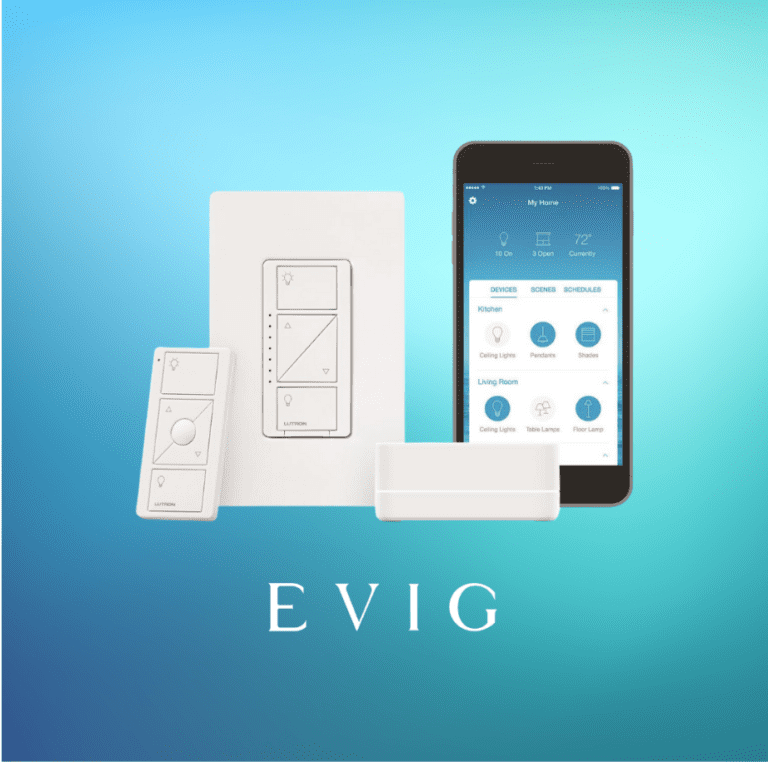How to Purchase an SSL Certificate: A Complete Guide for Website Owners
Introduction
The internet has become a vast landscape of data exchange, making security a top priority for website owners. One of the most crucial steps in securing your website is obtaining an SSL (Secure Sockets Layer) certificate. This certificate encrypts data shared between users and your site, protecting sensitive information like passwords, credit card details, and personal data from malicious attacks. Without SSL, your site may be flagged as unsafe by browsers, impacting your credibility and user trust. If you’re looking to purchase SSL certificate, this guide will walk you through the process, explain the benefits, and offer tips to help you make the best decision for your website’s security.
What is an SSL Certificate?
An SSL certificate is a digital certificate that authenticates a website’s identity and enables encrypted communication between a user’s browser and the server. SSL certificates are crucial for any website that handles sensitive information, such as e-commerce platforms or online services that collect personal data. By enabling HTTPS (Hypertext Transfer Protocol Secure) on your website, the SSL certificate ensures that data transmitted between the server and client remains private and secure.
When you visit a site with an SSL certificate, you’ll notice a padlock symbol next to the website’s URL in the browser. This visual cue is vital in showing users that their information is secure, which builds trust and encourages them to interact with your website.
Why Purchase an SSL Certificate?
1. Security
Purchasing an SSL certificate is essential for ensuring the privacy and security of the information shared on your website. SSL certificates provide end-to-end encryption, meaning that data transmitted between users and your website is protected from eavesdropping, data breaches, and other cyberattacks.
2. Improved SEO Rankings
Search engines like Google prioritize websites with SSL certificates in their ranking algorithms. Having HTTPS enabled can positively affect your site’s search engine rankings, making it more visible to potential customers and visitors.
3. Browser Warnings
Without an SSL certificate, modern browsers like Google Chrome and Firefox will flag your website as “Not Secure.” This warning can deter users from visiting your site or completing transactions, costing you credibility and sales. Purchasing an SSL certificate eliminates these warnings and reassures visitors that your site is safe.
4. Compliance with Industry Standards
SSL certificates are often a requirement for websites that handle sensitive information, such as credit card transactions. If you operate in an industry that requires compliance with regulations like PCI DSS (Payment Card Industry Data Security Standard), purchasing an SSL certificate is a must.
5. Build Trust and Brand Reputation
Customers are more likely to trust a website that has an SSL certificate because it ensures their data is safe. This trust is especially crucial for e-commerce sites or businesses handling personal data. Purchasing an SSL certificate not only protects users but also boosts your brand’s credibility.
Types of SSL Certificates
Before you purchase an SSL certificate, it’s essential to understand the different types available. Each type of certificate offers varying levels of security and authentication.
1. Domain Validated (DV) SSL Certificates
- Cost: Generally the least expensive option.
- Purpose: Verifies that you own the domain, but does not perform a thorough background check of the organization.
- Ideal for: Blogs, small websites, and personal projects where user trust is less critical.
2. Organization Validated (OV) SSL Certificates
- Cost: Moderate, more expensive than DV certificates.
- Purpose: Verifies both domain ownership and the organization’s identity. This certificate provides a higher level of trust.
- Ideal for: Small to medium-sized businesses and information-based websites.
3. Extended Validation (EV) SSL Certificates
- Cost: The most expensive option.
- Purpose: Offers the highest level of security and trust by conducting a full background check on the organization. EV certificates are visually distinguishable in the browser’s address bar with a green padlock and the company’s name.
- Ideal for: E-commerce sites and large organizations dealing with sensitive data.
4. Wildcard SSL Certificates
- Cost: Higher than standard SSL certificates.
- Purpose: Secures your main domain and all its subdomains under one certificate.
- Ideal for: Websites with multiple subdomains, such as blog.example.com or shop.example.com.
5. Multi-Domain SSL Certificates (SAN)
- Cost: Varies depending on the number of domains covered.
- Purpose: Secures multiple domains with a single certificate.
- Ideal for: Companies or individuals who manage several websites and want a streamlined SSL solution.
How to Purchase an SSL Certificate
The process of purchasing an SSL certificate is straightforward but requires careful consideration to ensure you get the best value and security for your needs.
Step 1: Determine the Type of SSL Certificate
Evaluate your website’s needs before purchasing an SSL certificate. If you’re running an e-commerce platform or collecting sensitive data, an EV SSL certificate is likely your best bet. However, for smaller blogs or informational sites, a DV SSL certificate might be sufficient.
Step 2: Choose a Certificate Authority (CA)
A Certificate Authority (CA) is an entity responsible for issuing SSL certificates. Some of the most popular CAs include:
- DigiCert
- Comodo/Sectigo
- GoDaddy
- GlobalSign
- Let’s Encrypt (Free, but only offers DV certificates)
When selecting a CA, consider factors like customer support, pricing, and additional features such as malware scanning and site seals that some providers offer.
Step 3: Generate a Certificate Signing Request (CSR)
Once you’ve selected a CA, the next step is to generate a Certificate Signing Request (CSR). This request is created from your server and contains your website’s public key and domain information. Your CA will use the CSR to issue your SSL certificate.
Step 4: Complete the Validation Process
Depending on the type of SSL certificate you choose, you will need to undergo validation. DV certificates only require domain verification, which can be completed via email, DNS records, or file-based authentication. For OV and EV certificates, you may need to provide additional business information to complete the verification process.
Step 5: Install the SSL Certificate
After the validation process, you’ll receive your SSL certificate. The final step is to install it on your website’s server. Most hosting providers offer SSL installation as part of their services, and some platforms even provide one-click SSL setup. If you’re managing your own server, you’ll need to configure your web server (Apache, Nginx, etc.) to enable HTTPS.
Step 6: Test the SSL Installation
Once installed, it’s important to test your SSL certificate to ensure it’s functioning correctly. Tools like SSL Labs can help you check the status of your SSL installation, ensuring that it’s working across all browsers and devices.
Conclusion
Purchasing an SSL certificate is an essential investment in the security and success of your website. Whether you’re running an e-commerce platform, a blog, or a corporate website, an SSL certificate ensures that data shared on your site is safe and secure. It also enhances your site’s credibility, SEO performance, and user trust. By following this guide, you can make an informed decision and purchase the right SSL certificate to protect your site and its visitors.
Frequently Asked Questions (FAQs)
1. Is a free SSL certificate as good as a paid one?
Free SSL certificates like those provided by Let’s Encrypt offer basic encryption and domain validation. However, they don’t provide extended validation or additional features like warranties or customer support, making paid certificates more suitable for business websites.
2. How long does it take to purchase and install an SSL certificate?
For DV certificates, the process is usually quick and can be completed within minutes to hours. OV and EV certificates take longer due to the extended validation process and can take up to several days.
3. How much does it cost to purchase an SSL certificate?
The cost of an SSL certificate varies depending on the type. DV certificates may cost as little as $10 per year, while EV certificates can cost $200 or more annually.





